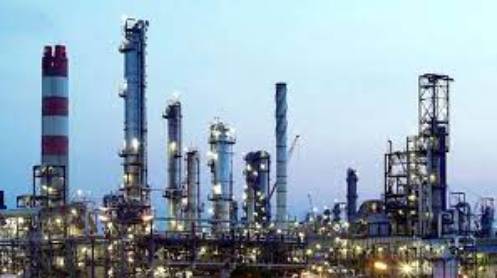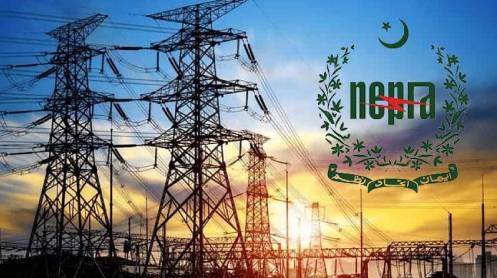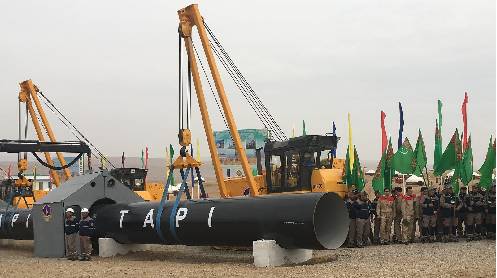ISLAMABAD: The Cabinet Committee on Energy (CCE) is expected to greenlight a plan to upgrade the country’s aging oil refineries on August 7, a senior official at the Energy Ministry told The News on Wednesday.
The Oil Refining Policy 2023, which has been delayed for months, aims to boost the efficiency and output of the local refineries, which mostly process low-quality crude oil.
“The government may also approve the National Electricity Plan 2023-27 with committed power plants in IGECP (Indicative Generation Capacity Expansion Plan) along with a framework for integration of the Transmission System Expansion Plan (TSEP). This is in addition to taking up the implementation status of Master Agreements inked with IPPs and PPAs (power purchase agreements) amendments with wind power plants,” the official said.
“The power division has been asked to provide the details about the expenditure of the amount of Rs601 billion that the Finance Ministry doled out to it to clear the liabilities of IPPs, government-owned power plants (GPPs).”
The CCoE would discuss the implementation status of master agreements and amended PPAs signed with IPPs and their impact on the reduction in capacity payments and circular debt stock as well. And what financial benefit the government has attained out of amended PPAs.
Under the brownfield policy, local refineries will be extended tariff protection for six years, which is equal to the existing customs duty of 10% on imported Mogas and diesel. The upgradation of the brownfield will assure the production of petrol and diesel with Euro-V specifications and zero production of furnace oil.
Earlier, the CCoE meeting under the current regime took up the brown refinery policy but didn’t approve it because of some observations made by the Finance Ministry. A committee was constituted under SAPM Tariq Bajwa to address the concerns of the Finance Ministry.
“Now the concerns of the finance ministry have been tackled and it is hoped that CCoE this time would approve the much-delayed oil refining 2023 for the upgradation of the local refineries,” a senior official said.
The funds to be collected under tariff protection will be placed in an ESCROW account, which will be the joint account of refineries and OGRA. The amount would be released to refineries for upgradation purposes as per timelines to be strictly implemented for upgradation purposes.
The fund so generated will be utilized after the financial close for six years for the purpose of the refinery’s upgradation, which will absorb up to 25% of the project cost capped by the government.
OGRA will also monitor the fund utilization process as per their committed work plan and milestones, subject to verification by one of the top four audit firms.
Local refineries produce refined products around 11 MTPA (inclusive of 30% local crude processing) and the deficit in the crude oil and petroleum products worth about US$10 billion are annually imported.
The indigenous and imported crude is refined by five (05) local refineries. Refineries are strategic assets and cater to the fuel requirements of transport, energy, defense, etc., playing an effective role in an emergency situation such as a pandemic or war conditions.
Local refineries will invest $4-4.5 billion for upgradation to make them able for producing Euro-V specification fuels and minimizing the production of residual fuel (Furnace oil). To be eligible for the fiscal incentives under the proposed policy, the local refinery will, within three months after the notification of the policy, execute a legally binding upgrade agreement with OGRA.





